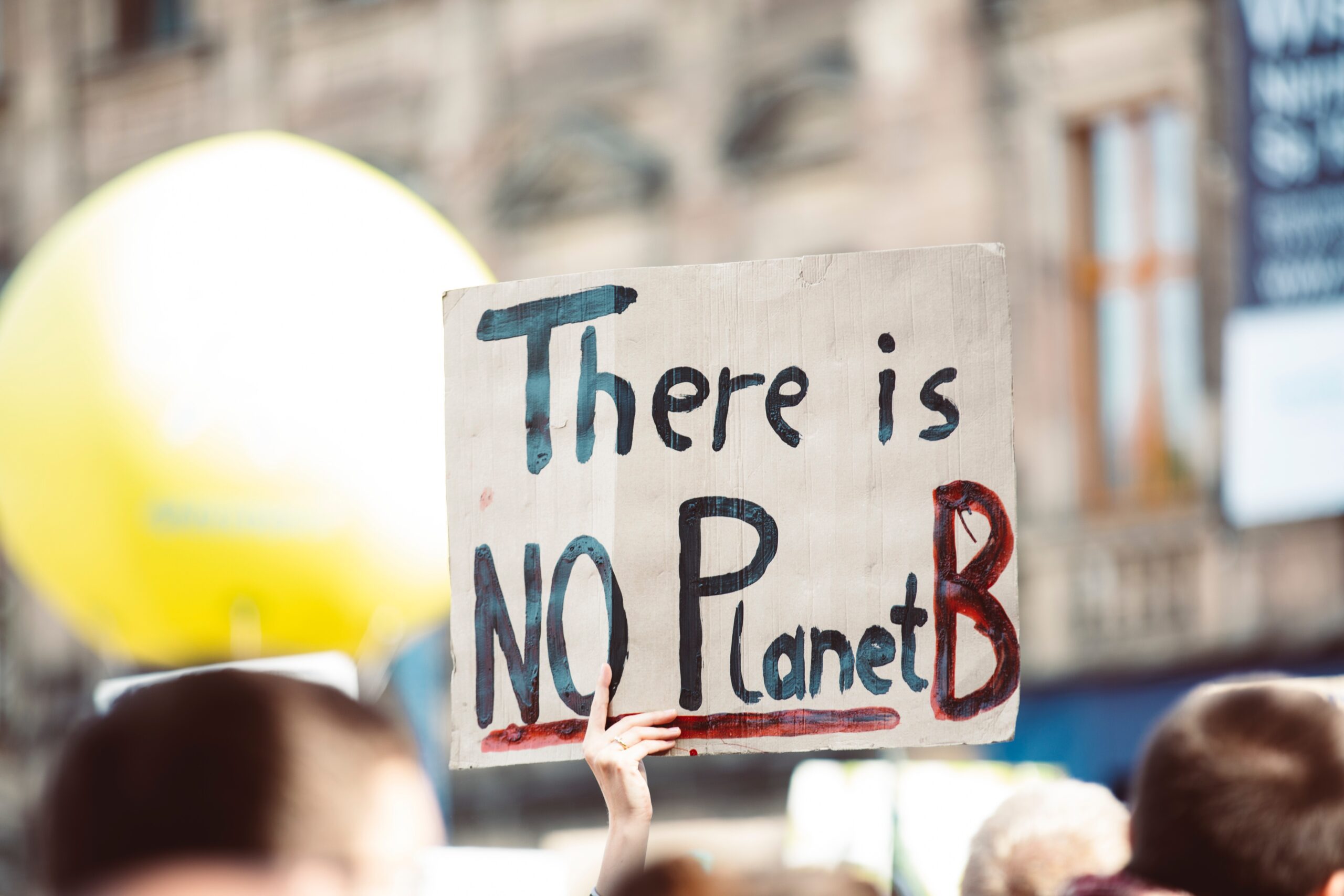News • 10/08/21
Why we’re ditching Amazon


As part of our pending B-Corp certification, and our ambitions as an agency to play an active and positive role when it comes to people and the planet, we’re taking a really close look at all elements of our supply chain.
Every pound any of us spends is a vote for the kind of future we want to see, so a sustainable (and ideally regenerative), ethical, diverse range of partner suppliers is key. And when we can’t be sure of that, we need to shop elsewhere.
Amazon does bad by the planet, and by people
A recent ITV News investigation into Amazon’s waste disposal policies revealed that millions of unsold stock items are being destroyed or sent to landfill every year – for no apparent reason – was the last straw for us. Our relationship with Amazon was already one of guilty convenience. It’s not somewhere we shop by choice; it’s somewhere we shop when time is short and the draw of the range and ease becomes a temptation hard to resist.
But, we can’t ignore the incessant reports of ill-treatment on the planet as well as its workforce. Here are just a few things that we were reminded of:
- Up to 22.44 million pounds of Amazon’s plastic packaging ended up in the world’s freshwater and marine ecosystems in 2019, according to Oceana’s estimates
- In 2020, Amazon’s UK businesses paid just £14.46 million in tax for 2019 – a 3% increase from the previous year, despite pre-tax profits growing by more than 35% (it’s estimated that in 2017 Amazon’s tax avoidance from profit shifting alone cost the UK £52million)
- Amazon factory workers and drivers have consistently reported unsafe and illegal working conditions, including being paid below minimum wage and having to “defecate in bags” and “urinate in bottles” due to not having any time to take toilet breaks
Pretty horrific, right?
#ditchAmazon
Amazon, as a global brand, should be paving the way for sustainability, setting the tone for other businesses to follow. It’s clear that it has other priorities on its agenda however, namely filling the pockets of its grossly rich CEO (et al).
Indeed, Jeff Bezos has committed to reach net-zero carbon emissions across Amazon businesses by 2040, ten years earlier than the Paris Agreement.
But, once you start digging, it becomes obvious that Amazon’s green marketing strategies are simply a smokescreen aimed at misleading and deceiving its consumers into thinking it’s actually doing good.
Perhaps, one day, Amazon will move away from the greenwash but many question whether their business model (built on buying more, faster) can ever be sustainable, let alone regenerative.
We’ve decided to implement a company-wide ban on using Amazon. Even for last minute stationery or photo shoot props. It’s a ban with practical implications, but also symbolic ones. Already, it’s started to make us think differently – to pause and consider where our money is going before we buy, whether we’re spending £5 or £500.
‘Greening’ your suppliers is harder than it sounds, even for a relatively uncomplex business. For some things, it’s really tough to avoid using suppliers you’d rather avoid (Hi, Mr Murdoch).
Being conscious consumers is the first step.
Going forwards, we’ll be favouring even more local and diverse businesses. We’re thankful to have the wider B-Corp community to help us.



